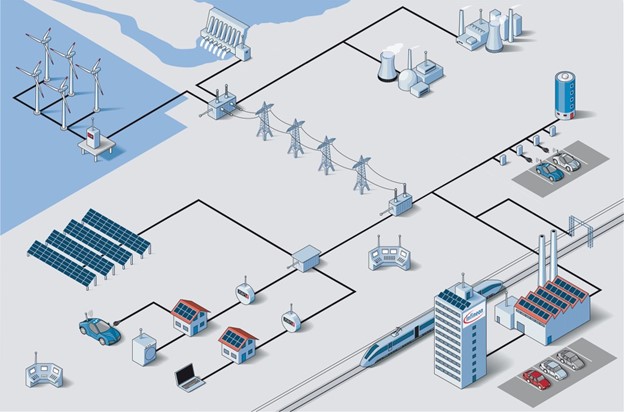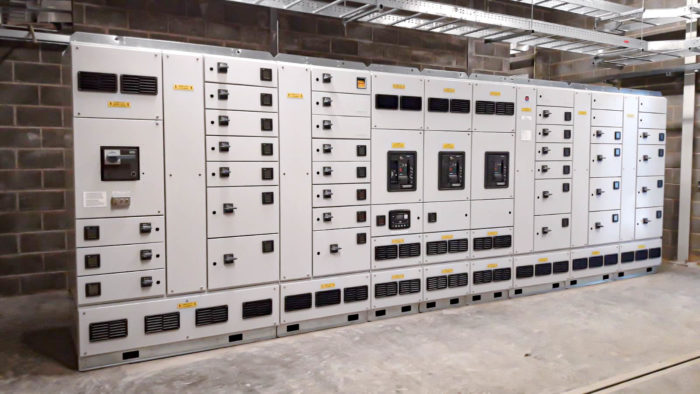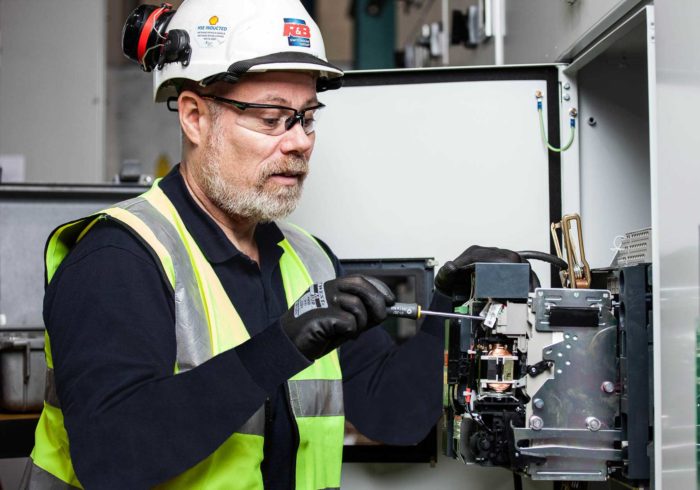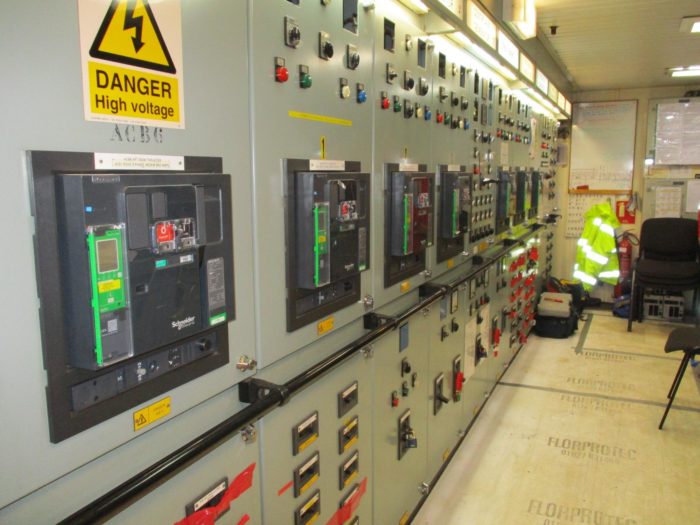Applying Adaptive Battery
Adaptive battery management can be applied to smart grids by using algorithms to optimize the charging and discharging of batteries in the grid. This can help to balance the demand for electricity with the availability of renewable energy sources, such as solar and wind power. Additionally, batteries can be used to store excess energy during periods of low demand, and then release that energy during periods of high demand, helping to stabilize the grid and reduce the need for fossil fuel-powered generation. The use of adaptive battery management in smart grids can also help to improve the overall efficiency and reliability of the grid, and can be an important tool in the transition to a more sustainable energy system In the context of battery management for apartment buildings, an MPC algorithm can work by:
1. Modeling: Developing a mathematical model of the building's energy consumption, including factors such as the number of residents, the type and size of appliances, and the schedule of energy usage.
2. Prediction: Using the model to predict the future energy demand of the building, taking into account factors such as weather forecasts, occupancy schedules, and historical data. 3. Optimization: Optimizing the charging and discharging of the building's battery system to meet the predicted energy demand while minimizing the cost of electricity and reducing the reliance on the grid. This can be done by considering constraints such as the capacity of the battery, the availability of renewable energy sources, and the need to maintain a stable and reliable grid. 4. Execution: Implementing the optimized control actions by controlling the charging and discharging of the building's battery system. 5. Monitoring: Continuously monitoring the building's energy consumption and updating the model and control actions as necessary.
Improved reliability and safety
Designed, manufactured & tested in-house
ISO 9001, 14001, 45001 and Safe Contractor accredited
how it works
Reducing costs by improving the operational efficiency of power systems

Power Failure
Primary load fails or becomes unavailable on the network.

Emergency Supply Online
Emergency back-up generator comes online.

Load Transfer
ATS detects failure of primary supply, automatically initiating the transfer of power to back-up power supply.

Return to primary source
Once the primary power source is restored, the ATS returns the load from the emergency power source back to the normal supply.
Explore
Other Related Services
accreditations
Exceeding industry standards
We follow the industry’s leading governing bodies, and hold an impressive list of accreditations to demonstrate our commitment to cyber security, health and safety, quality and environmental excellence.












